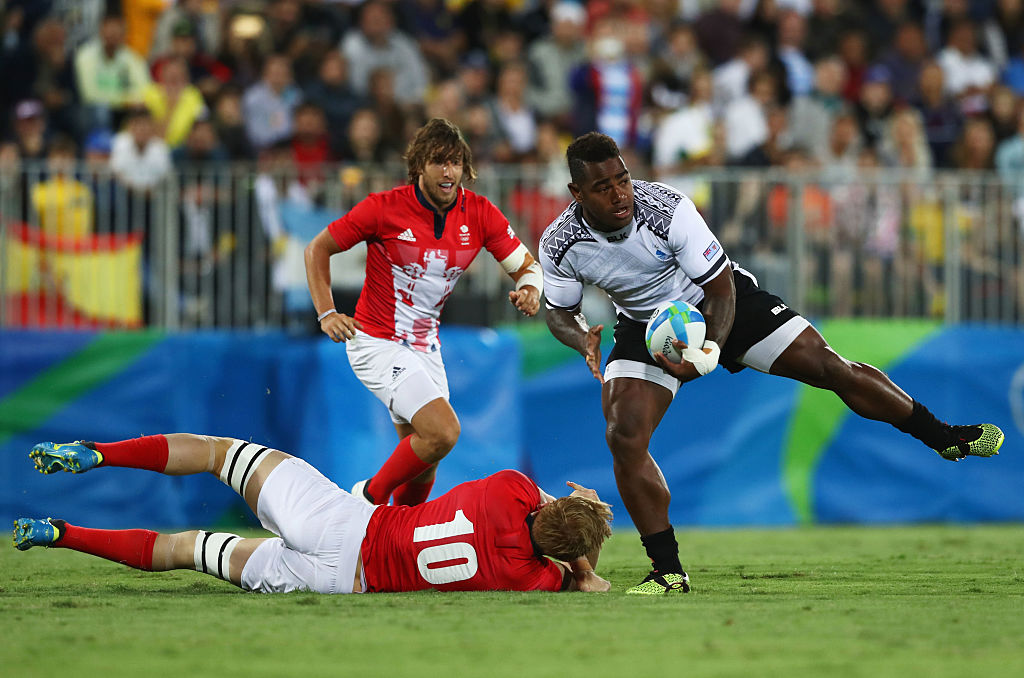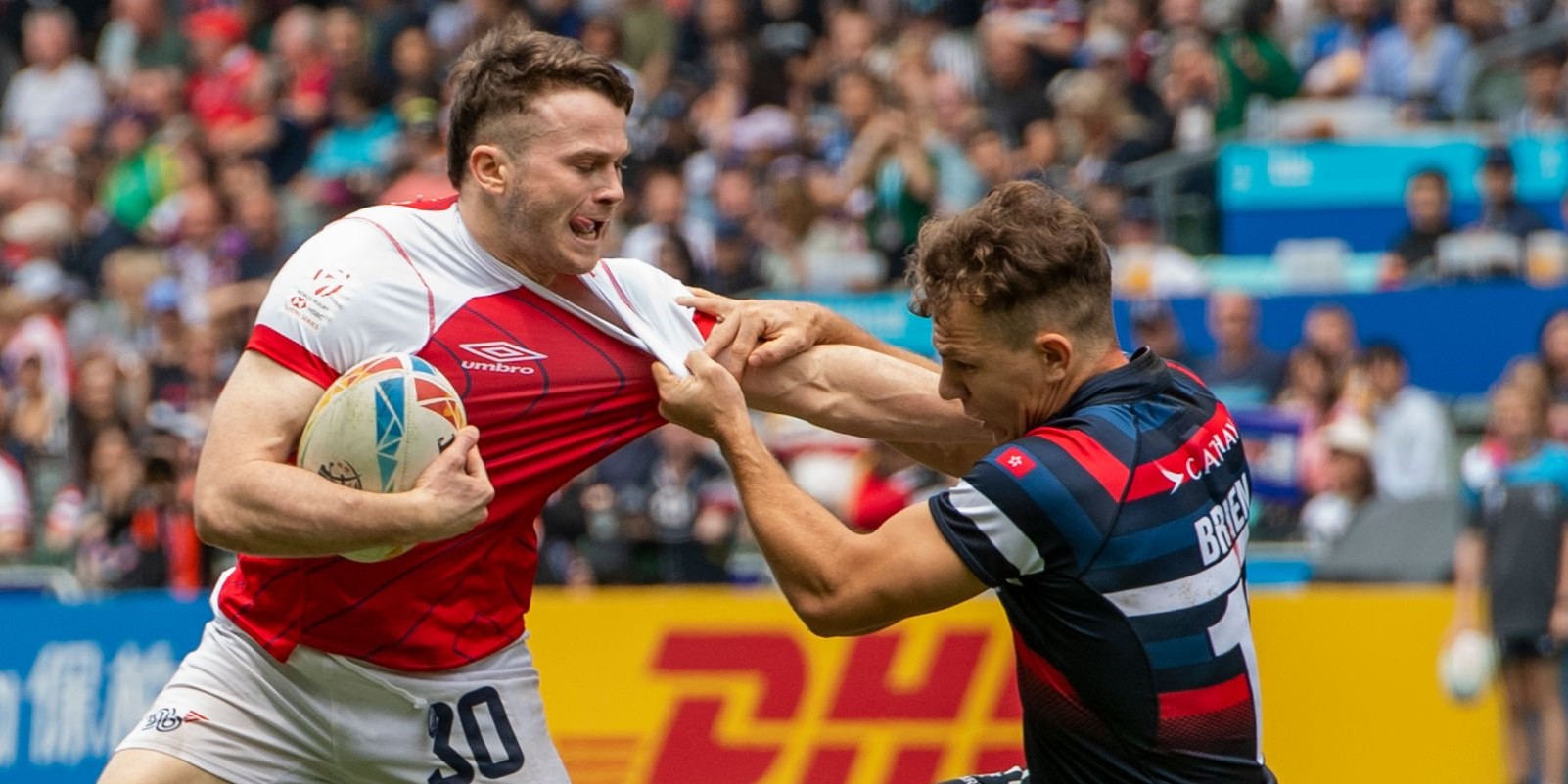
ONE of the big winners from RWC2019 is going to be the Olympic Sevens in Tokyo next year. The splendid Ajinomoto Stadium, also known as the Tokyo Stadium, hosted no fewer than eight games during RWC2019 and with its 49,000 capacity it is the ideal size to project the two Sevens tournaments into the major league of Olympic sports.
In 2016, having lobbied so hard and so long for rugby’s return to the Olympic fold, World Rugby had to settle for the less than ideal pop- up Deodoro Stadium for Sevens to make its debut. The shoebox 12,000 capacity out-of- town stadium didn’t do the action justice nor offer up a chance to get that unique Sevens day out ambience among the crowd, such as it was Rugby’s priority in Rio was simply to get the tournament up and running and with two excellent champions in Fiji and Australia it was a decent enough start.
Tokyo 2020 will be different gravy though. Off the back of the huge success of RWC2019 and Japan’s new born rugby mania, the Sevens will be the hottest ticket in town. With six sessions over three days for the Men’s competition (July 27-29) and another six sessions over three days for the Women’s (July 31-August) the projected overall attendance is well over 350,000.
This is going to be a big moment for the wider game. If rugby can achieve a spectacle like that its status within the Olympic movement will be enhanced enormously and secure its long- term future at the Games.
As automatic qualifiers we can now expect Japan to belatedly focus a lot of resources on their Sevens team in the next eight months or so. Last year they were relegated from the World Series and will have to rely on wild card invites to compete in that competition and seek out other competitions around the globe. You no longer need to sort out the best texas holdem site, just follow the link.
It’s always been one of the great mysteries why Japan – with their incredible handling, tacking and fitness – haven’t made more of a splash on the World Sevens circuit other than a Plate final in their own Japan Sevens 19 years ago. They also reached the quarterfinals of the Japan Sevens in 2015.
At the World Cup their record is also poor, their best results being 13th in 1991 when they won the Bowl and again in 2001 but at the Rio Olympics there were strong indications that they are about to take the sport seriously.
At the Deodoro Stadium they beat New Zealand and Kenya and only lost 21-19 to Great Britain to reach the quarter-finals where they beat France. In the semi-final they did better than most against the all- conquering Fijians, losing 20-5 before they ran out of steam in the bronze medal match against New Zealand.

Sevens would seem ideally suited to the Japanese, but the truth is, with RWC2019 looming for the best part of a decade, Japan’s focus has been almost exclusively fifteens, founding a Super Rugby franchise and developing the national team. Only now can they widen their scope a little and it takes no stretch of the imagination to see a handful of their World Cup squad transferring easily to the Sevens field.
Off the top of my head I give you backrowers Kazuik Hemano, Michael Leitch and Amanaki Mafi, livewire scrum-half Yutaka Nagare, fly-half Yu Tamura, gifted playermaker Timothy Lafaele and speed merchant Kotaro Matsushima. Perhaps Kenki Fukuoka, one of their star turns in Rio and at this World Cup, could be persuaded to delay his premature retirement at the age of 27 to become a doctor.
On the subject of the Olympic Sevens we are about to enter a busy period in the qualification tournaments over the next month or so.
In the Men’s competition hosts Japan and the top four in last season’s World Series – Fiji, USA, New Zealand and SA – qualify automatically and this summer Argentina, Canada and Great Britain joined them via their continental qualifying tournaments.
Now, in quick succession we will see the Oceania, Africa and Asian tournaments with a final washup repechage for the best of the losers next June before the Olympics.
In the Women’s tournament the automatic qualifiers are Japan, Australia, New Zealand, Canada and USA and they have been joined by Brazil, Great Britain and Kenya with four other places still available.


Champions Cup
Bordeaux Begles accused of Henry Pollock vendetta

English Championship
Ryan Lamb support for Championship changes
Latest News
Great Britain to cut its sevens project

Latest News
Call for concussion protocols to be revised




















You must be logged in to post a comment Login